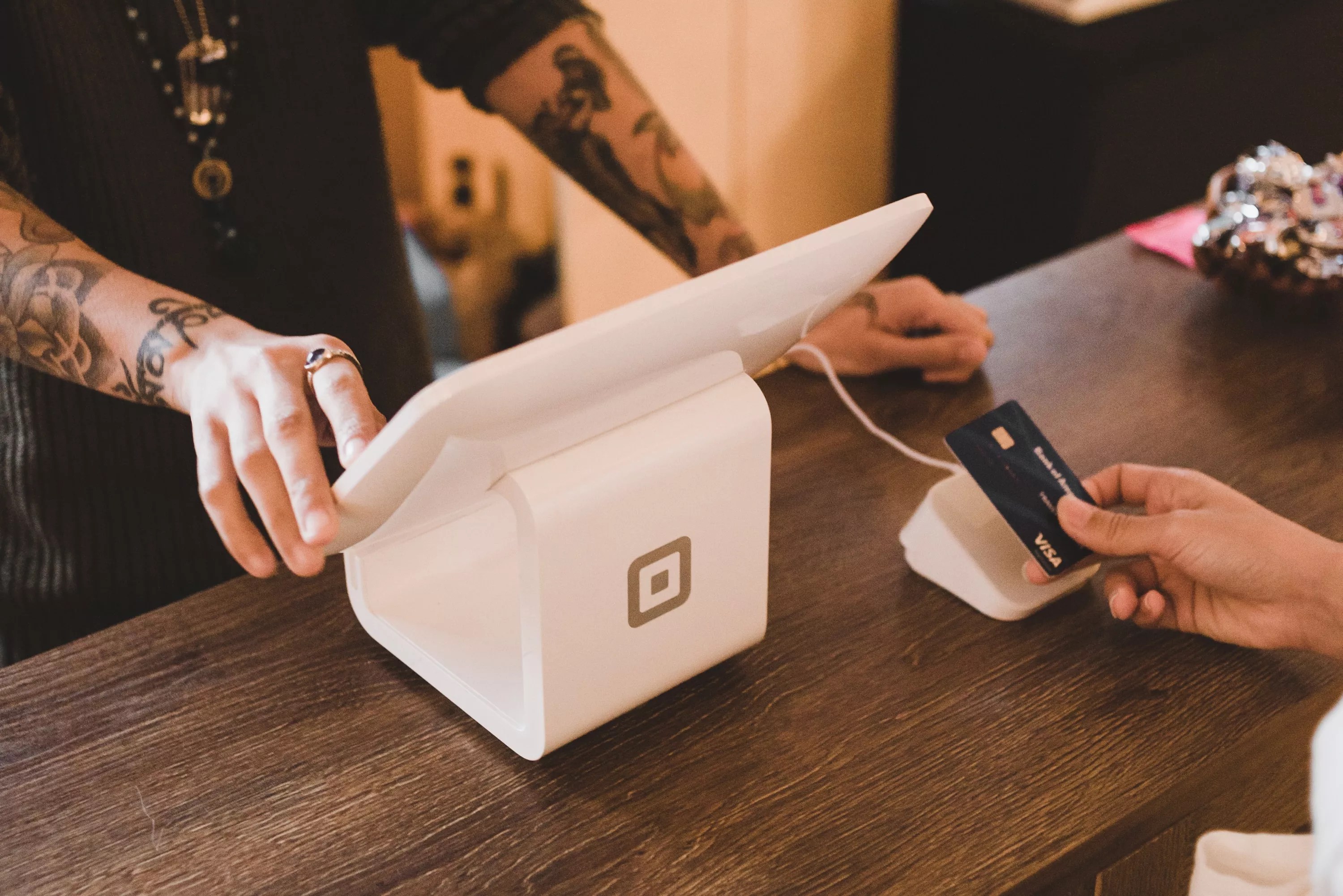
Photo by Sam Dan Truong on Unsplash

Audio By Carbonatix
Last week, the U.S. Department of Labor Wage and Hour Division released a statement that Hard Eight Pit BBQ, with five restaurants in total, failed to pay employees all of their tips by allocating some of those funds to managers, who are not allowed to dabble in the tip pool. The restaurant now owes $867,572 in back wages to 910 employees who worked from June 2019 to April 21.
When the pandemic hit and service industry workers got walloped, the boundaries of tipping grew, some with blurred lines. Digitizing tips makes it all even more ambiguous. A jar at the end of the bar or a tip left on a table was quite obvious. Even though Hard Eight began this practice before the pandemic time, the case raises good questions about new tipping trends.
Hard Eight uses a cafeteria-style service model. Diners choose to leave a tip when checking out at the counter. While being a cashier or kitchen staff doesn’t exclude someone from deserving a tip, it’s not traditional. Historically, only bartenders and table servers get tips.

Digital payments has extended the reach of tips, for good and bad.
Photo by Clay Banks on Unsplash
Now cashiers, ice cream scoopers, baristas and owners of bakeries have all flipped the screen, as they’ve handed you a croissant or coffee, asking if you want to add 20%, 25% or 30% to your tab. As demonstrated by the almost million dollars doled out to managers in 23 months at Hard Eight, the practice has caught on.
The Fair Labor Standards Act (FLSA) is very specific about where voluntary tips can go. In the statement on Hard Eights’ back wages owed, the Department of Labor explains the FLSA “does not allow an employer or their managers or supervisors to keep tips the business’ workers receive for any purposes, regardless of whether or not the employer claims a tip credit.” (Tipped workers receive a base hourly wage of $2.13, below the federal minimum wage of $7.25 for non-tipped workers. Employers are allowed to claim a credit for tips to meet their obligation to pay the full minimum wage.)
The FLSA “does not allow an employer or their managers or supervisors to keep tips the business’ workers receive for any purposes … ” – statement from the Department of Labor
The restaurant told NBC 5 that they simply misunderstood labor law and corrected it as soon as it was reported. That’s a nearly $1 million whoopsie-daisy.
“Roanoke Hard Eight violated the law by including managers in their tip pool. By doing so, the employer denied tipped workers some of their tips and managers proper overtime wages,” explained Wage and Hour District Director Jesus A. Valdez in a statement. “As businesses struggle to find people to do the work needed to keep operating, employers would be wise to avoid violations or risk finding it even more difficult to retain and recruit workers who can choose to seek jobs where they will receive all of their rightful wages.”
Dean Stansel is an economist at SMU Cox’s Bridwell Institute for Economic Freedom. He sees it differently. He told the Observer that employers and employees ought to be free to determine how they wish to structure compensation.
“For example, a regular wage without tips or a lower wage with tips added,” Stansel says. “Having the heavy hand of government involved restricts that freedom. It’s not clear that doing so creates a large enough benefit to outweigh the cost of that loss in freedom.”
Alas, Hard Eight now has the task of tracking down workers during those months and reimbursing them. Meanwhile, according to Hard Eight, managers who can no longer get paid from the tip jar have received raises.
What counts as a tip?
A tip is voluntary money paid over the bill due by the customer. Some companies get around this with mandatory service fees, which are not tips. Recently a group of employees at Nurset (Salt Bea’s restaurant) in Florida sued their employer for using an 18% mandatory service fee that is added to every bill to pay wages. An appeals court denied their claim because the 18% fee wasn’t voluntary, and since it wasn’t voluntary, the company could do with it what they wanted.
Clever or misleading, the difference between voluntary or mandatory, tip or service fee, decides who is entitled to receive the money. Service fees are at the discretion of whoever is keeping the coffers.
Who’s getting the tips?
When at a full service restaurant, it’s usually clear who is getting the tip. But when the screen is flipped around and you select the middle box because you’re not cheap, but you’re also not a sucker, where does that money go?
Juan Rodriguez, acting regional director at the Office of Public Affairs with the U.S. Department of Labor says, “we can’t answer that in general terms other than to say employers need to follow the law and as diners, we have the right to ask restaurants where the tips in a tip pool go.”
Exactly how businesses give out tips is up to each business but is largely based on hours worked by employees and added to paychecks. However, perhaps ask, “Who gets this tip?” An agreement should be in place between the employer and staff, meaning whoever flipped it should be able to answer that question. If they shrug, well you’ve got your answer.
Should tips supplement low wages?
Automated payment and the spread of tipping to every corner of the food-service business have helped workers weather the pandemic. But some diners feel that tipping has gotten excessive.
Join the conversation: https://t.co/DG0oiHoxhT pic.twitter.com/fhXQMkm9Z9
— The New York Times (@nytimes) April 19, 2022
Why not just pay everyone a better wage? Hard Eight did after the Department of Labor got involved, which highlights the disparity of customers supplementing payrolls. Why should restaurants pay more when they know diners will?
As demonstrated in the response to The New York Times tweet above, one reason we tip, even when the service is bad, is a cultural issue.
We reached out to a long-time local chef who has managed many restaurants around Dallas. He declined to comment because didn’t want his name aligned with a story on this issue, but anonymously offered a tip for restauranteurs: “Don’t ever f*ck with the employee’s money.”